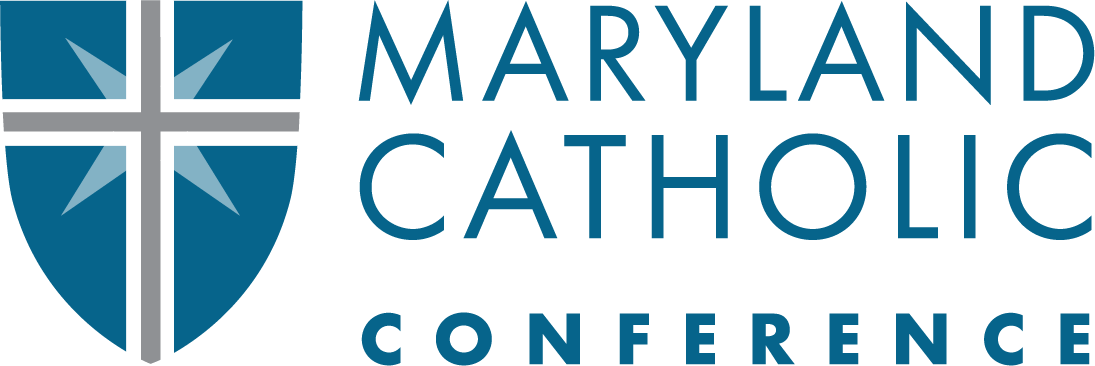Unfavorable
Committee: Ways & Means
HB0620
The Maryland Catholic Conference offers this testimony in opposition to House Bill 620. The Catholic Conference is the public policy representative of the three (arch)dioceses serving Maryland, which together encompass over one million Marylanders. Statewide, their parishes, schools, hospitals and numerous charities combine to form our state’s second largest social service provider network, behind only our state government. We offer this testimony on behalf of the families of approximately 50,000 students served by over 150 PreK-12 Catholic schools in Maryland.
House Bill 620 would change the definition of a “reportable offense” for the purposes of a state’s attorney notification to school administration regarding alleged criminal misconduct to include only references to offenses defined as crimes of violence.
The Conference supports efforts to make our system of juvenile justice in Maryland a more restorative in nature. Accordingly, we appreciate the aim of House Bill 620 in attempting to shield youth from both the stigma of a potentially unsubstantiated criminal arrest or charge, as well as the goal of respecting privacy of youth who experience system involvement unrelated to their educational day.
However, the safety of a school day is of paramount importance with regard to the schoolhouse setting. The current law as it stands is meant to promote student safety and the proposed changes would limit schools knowledge of reports of arrests for other things such as possession of guns or explosives, arson, burglary and the like. The law already requires confidentiality, so there is balance afforded to students involved in such reports. Additionally, alleged victims can often be members of the same school community. Administration would need to be aware of these circumstances for the safety of all involved.
While this bill does have noble roots in restorative justice, we question whether it sufficiently balances the safety and wellbeing of all students in the particular to the educational setting. It is for these reasons that we urge an unfavorable report for HB 620.
